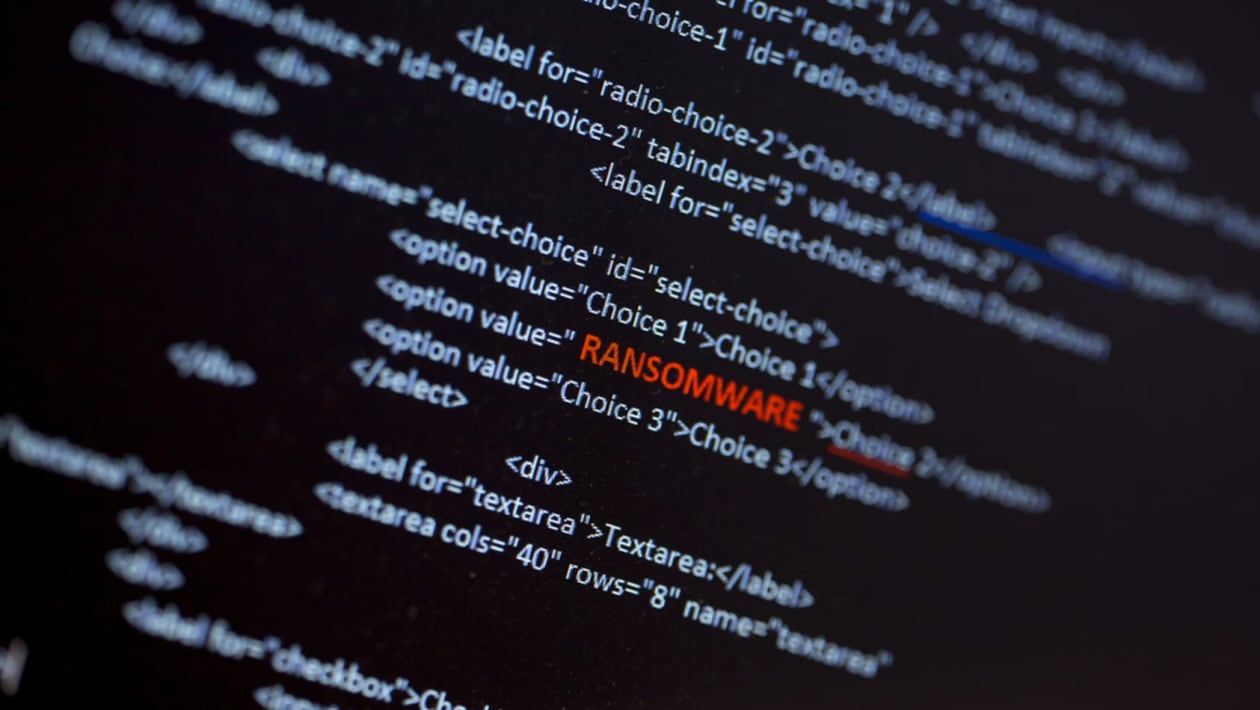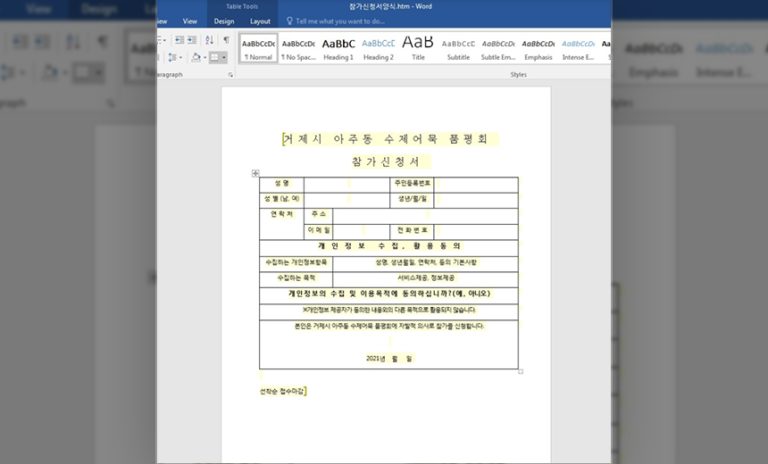Howard University cancels classes following ransomware attack | #malware | #ransomware | #cybersecurity | #infosecurity | #hacker – National Cyber Security
Howard University in Washington DC has been hit by a ransomware attack which has forced it to cancel classes for two days running.
The university stated on Monday 6 September that its technology team detected “unusual activity on the university’s network” on 3 September which caused it to shut down its network to investigate the situation.
“Based on the investigation and the information we have to date, we know the university has experienced a ransomware cyberattack,” the university stated, highlighting that it was working with leading external forensic experts and law enforcement to investigate the incident.
The university said that classes on 7 September were cancelled, campus wi-fi would remain down, but some applications stored in the cloud would remain active and accessible. It added it was in contact with the FBI and DC city government and was set to tell students how to protect their data online and deal with phishing attempts.
The university released another update on 7 September informing students that the situation is still being investigated although there was no evidence “of personal information being accessed or exfiltrated”.
An alternative Wi-Fi system was being deployed, but would not be available until the following day, 8 September. Online and hybrid undergraduate courses were to remain suspended on 8 September, although in-person courses would resume as scheduled, even though course lecture content requiring internet access on campus “may not be available”.
“The education sector is a prime target as ransomware attacks surge across the board—almost 50% of education organisations were hit by a ransomware attack in the past year,” said Dough Matthews, vice president of data protection at Veritas Technologies.
“They’ve become so common that there’s a term for cancelling classes because of a ransomware attack: ‘cyber day.’ That’s exactly what Howard University chose to do today. Preventing ransomware attacks is a noble effort, but as illustrated by this attack and so many others like it in recent months, preparation for dealing with the aftermath of a successful attack is more important than ever. And simply paying the ransom is not the answer.”
Sam Curry, chief security officer at Cybereason, said that the attack is another reminder that no one is immune. “It isn’t surprising that higher education institutions are targets because they have wide attack surfaces that are oftentimes poorly secured. With the start of a new semester and millions of students returning to college campuses, threat actors know that colleges are likely to quickly pay the ransom because they want to minimise damages caused by a prolonged lockdown.”







